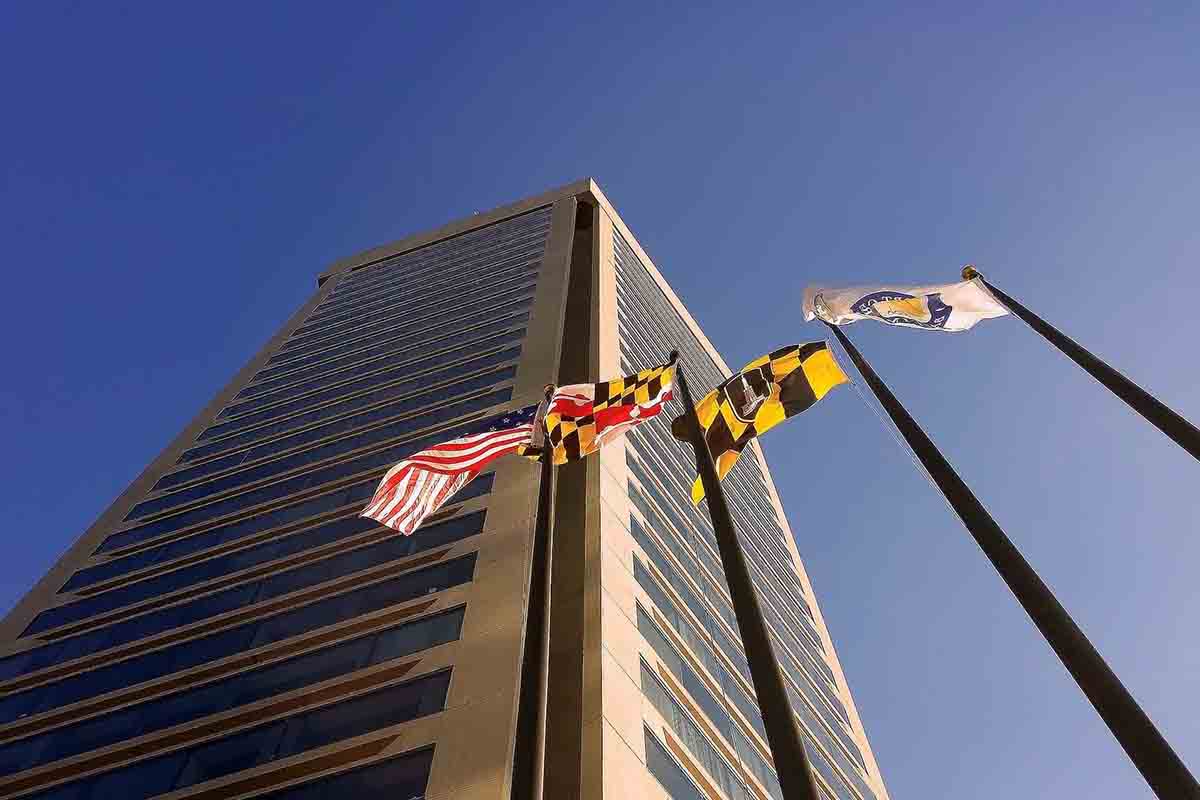“This call may be being recorded for quality and assurance purposes.”
Preface: As always, consult your company’s legal counsel before recording conversations in Maryland to ensure you remain compliant to all applicable laws and regulations.
Maryland recording laws, in addition to call recording regulations in other states, can be pretty intimidating. For example, telephone communications often fall under wiretapping laws, which don’t necessarily reflect the latest technologies and can add to the confusion. As most things go, when recording sales calls, a little practical advice can go a long way.
Maryland is one of eleven US states that have two-party, or all-party call recording laws. This means, everyone participating in the conversation must give their consent before any communication is recorded.
But, that doesn’t necessarily mean you can’t legally record your sales calls. Here is what you need to know about Maryland recording laws:
Regulations governing the recording of conversations in Maryland fall under the Wiretapping and Electronic Surveillance Act. The primary purpose of this act is to outlaw the interception of private communications by a third party. However, the law states that it is “unlawful to tape record a conversation without the permission of all parties”.
Since telephone communications (including call recording for business purposes) fall under the electronic communications portion of the statute, everyone who is party to the conversation needs to give their consent for it to be recorded. However, according to Maryland recording laws, implied consent is enough to make recording the call legal.
Implied consent means that if you inform the other parties that they are being recorded, and they continue with the conversation anyway, that is sufficient, and they do not have to give explicit consent. A pre-recorded message such as ”This message may be recorded for quality and assurance purposes” is good enough to comply with Maryland recording laws.
Unfortunately, when cold calling, it’s not exactly practical to play a pre-recorded message announcing the call may be recorded. Instead, try starting the call with “This is [name] calling from [company] on a recorded line.” or by asking “May I record this call so I can better focus on our conversation and add to my notes later?”
Get a full list of Maryland + other two-party consent state area codes for your records »


